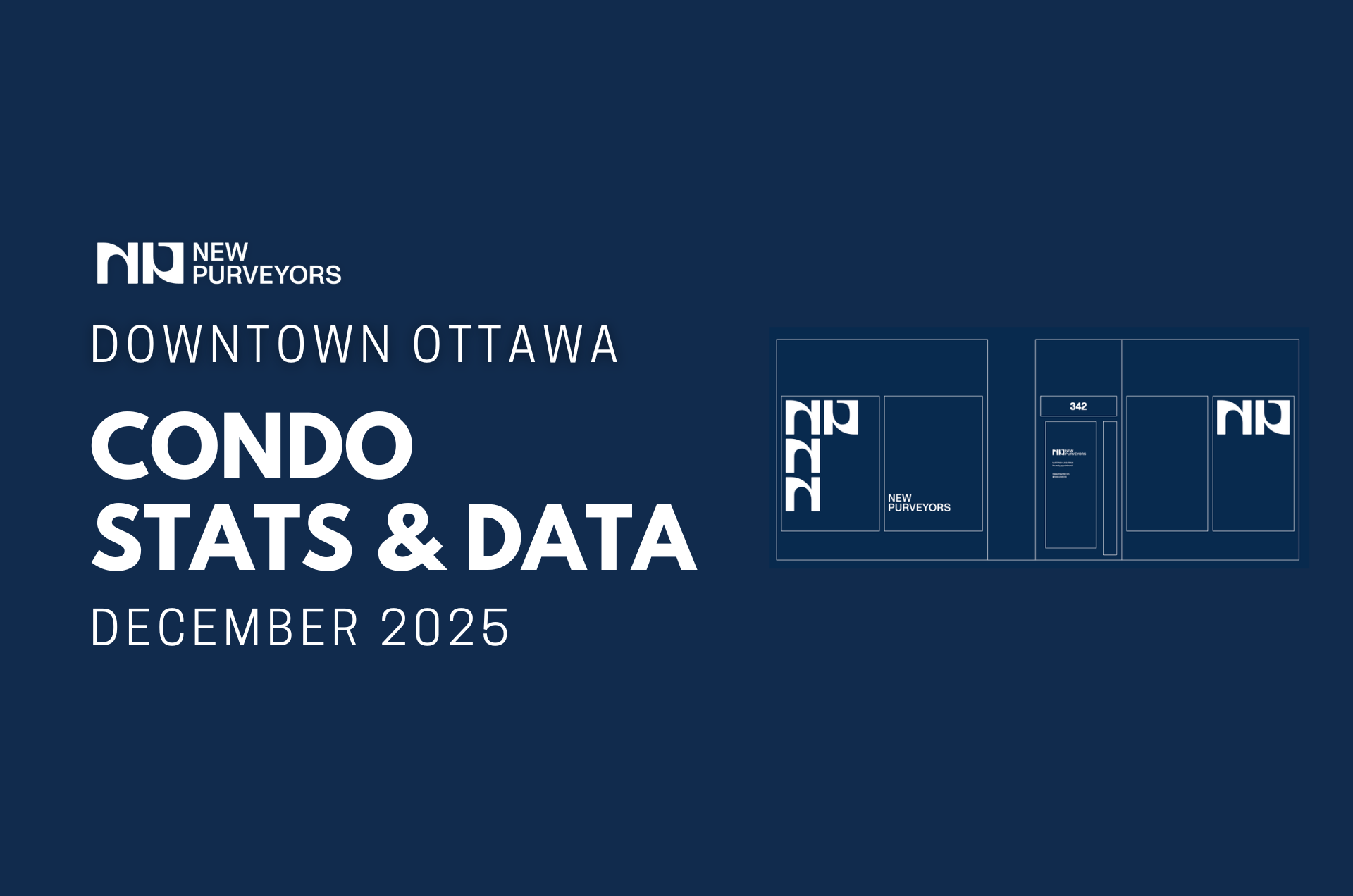Buying a pre-construction condo in Ottawa can seem like the perfect way to get exactly what you want. Everything is brand new, the finishes are modern, and you might get a bit more time to save up before closing. But buying a condo that doesn’t exist yet comes with its own set of risks and rules.
Whether you’re a first-time buyer or a seasoned investor, here’s what you need to know before signing on the dotted line.
What Is a Pre-Construction Condo, Exactly?
A pre-construction condo is a unit you agree to purchase before it has been built. You buy based on floorplans, brochures, and showrooms, with a projected closing date that could be years away. During that time, you’ll make scheduled deposit payments, and the builder is responsible for constructing and finishing the unit according to the contract.
Sounds simple — but there’s more to it than just waiting for the keys.
Key Questions to Ask Before You Buy
The glossy renderings and sleek sales centres can make any pre-construction project look perfect. But smart buyers know to dig a little deeper. Here are a few questions you’ll want answered up front.
1. What’s the deposit structure?
Most Ottawa pre-construction condos require between 15 to 25 percent in deposits, paid over time. Ask when those payments are due and how they’re structured. Some developers offer extended deposit schedules, which can ease the financial load.
2. Is the builder reputable?
Do some research on the developer’s history. Have they completed other projects in Ottawa? Were those delivered on time? What do past buyers say? A builder with a strong local track record is a good sign.
3. What happens if the project is delayed? Or canceled?
Delays are common in new builds, and in rare cases, entire projects can be canceled. Ask what protection you have and how long the builder can delay closing before you can walk away.
4. Can you assign the unit before it’s built?
An assignment allows you to sell your purchase contract before closing. Not all builders allow this, and some charge a fee. If flexibility is important to you, make sure your contract includes an assignment clause.
5. Are the projected condo fees realistic?
Ask for a breakdown of estimated condo fees and how they were calculated. New buildings often underestimate fees to make the unit look more affordable. If the number seems too good to be true, ask more questions.
What Does Tarion Cover, and What Doesn’t?
In Ontario, new builds are covered by the Tarion Warranty Program, which protects buyers against major defects and delays. But it doesn’t cover everything.
Here’s what is generally included:
Deposit protection (up to a certain amount)
Delayed closing compensation
One-year and two-year warranties on certain materials and labour
A seven-year warranty on major structural defects
Always read the fine print and ask your lawyer to review your contract. The warranty is helpful, but it won’t protect you from every issue that can come up.
Understanding Floorplans: What to Look For
Since you can’t walk through the unit, floorplans are your best tool for understanding the space. But not all layouts are created equal.
Watch for:
Narrow or windowless bedrooms
Long hallways that eat up square footage
Kitchens with limited counter space or storage
Poor natural light due to window placement or building orientation
Lack of entry storage or closet space
Ask for a model with a similar layout if one exists, or better yet, bring someone who has reviewed hundreds of floorplans before. Small layout issues can feel much bigger once you move in.
The Extras: What Are You Really Getting?
Builders often promote included features like quartz counters, upgraded appliances, or high ceilings. Ask for the full list of standard features and compare it to what’s shown in the model suite. Sometimes what you see is an upgrade.
Also, check:
Whether parking or storage is included
If there are caps on closing costs (such as development charges)
What finishes are available and how customizations work
Getting clear on the details now can save you from unpleasant surprises later.
Matt’s Advice: Treat It Like an Investment, Even If You’re Living In It
Buying pre-construction isn’t just about getting a new place — it’s about making a smart, long-term investment. Think about resale value, building location, walkability, and the reputation of the builder.
Here’s what I often tell clients: pick the unit that gives you options. Choose a layout that’s flexible. Choose a location that stays desirable. And choose a building that’s likely to hold its value, whether you’re living there five years or fifteen.
Final Thoughts
Buying a pre-construction condo in Ottawa can be a great move, but it’s not as simple as picking a pretty floorplan and waiting for it to be built. There are legal, financial, and logistical details that need attention — and a little due diligence now can go a long way.
If you’re considering a new build, let’s talk. We’ve helped dozens of clients navigate Ottawa’s pre-construction market and can walk you through the process step by step.
Reach out anytime. We’re here to help you make a confident move.



































